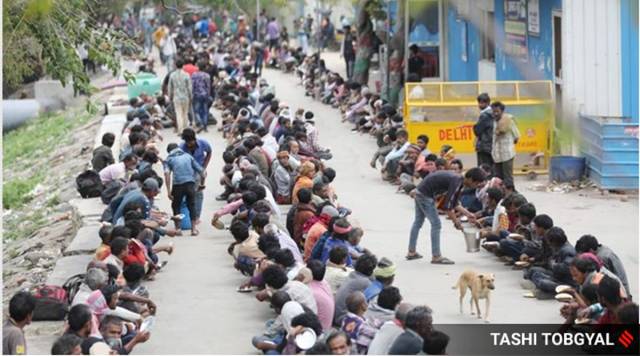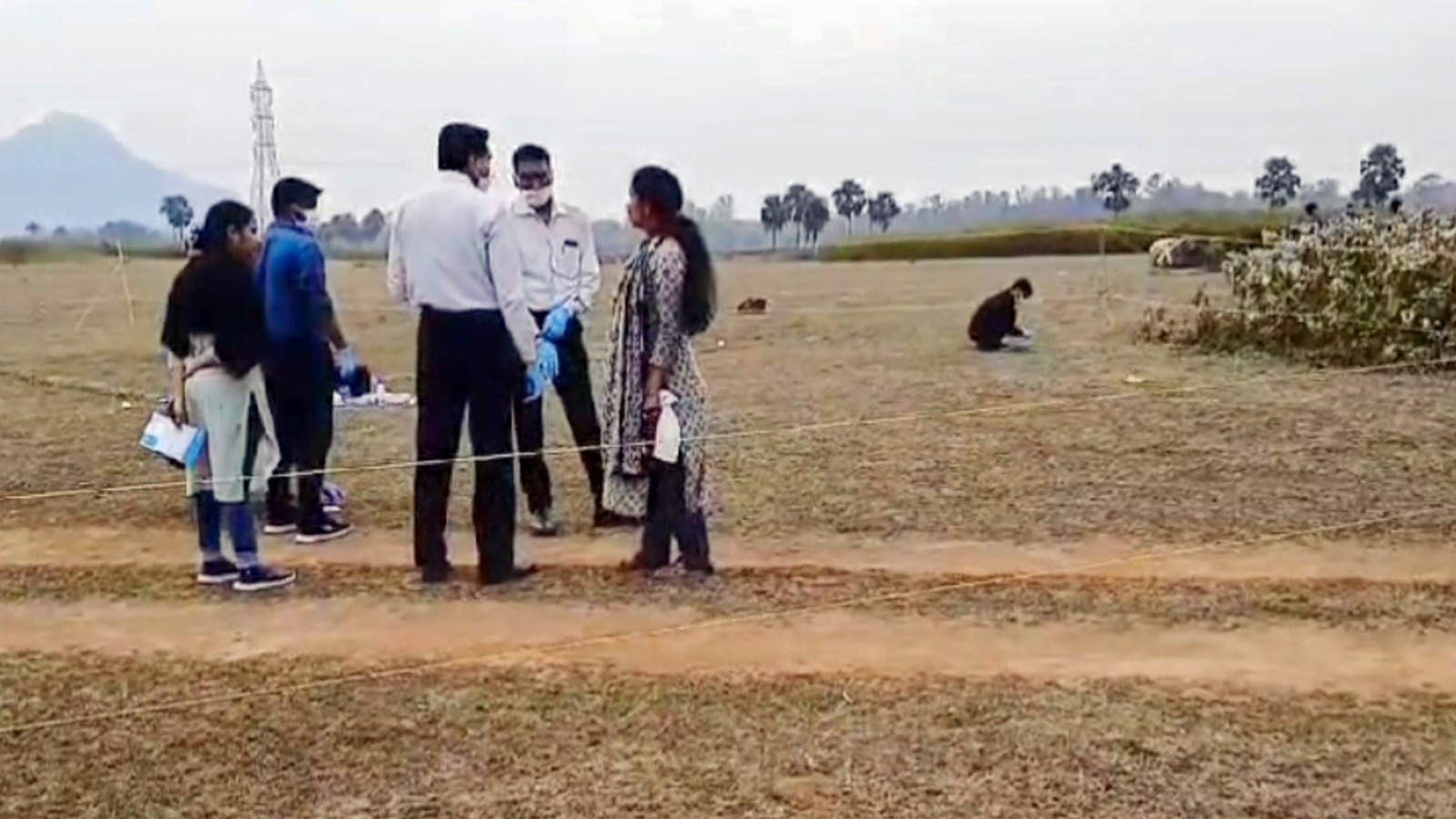
The Delhi High Court observed that the homeless do not live, but merely exist, and are unfamiliar with the life envisioned by Article 21 of the Constitution. The court directed the relocation of five individuals who were moved from one slum site to another during the expansion of the New Delhi Railway Station.
Justice C Hari Shankar, handling a petition filed by five slum residents in 2008 against their eviction from the second site due to further modernization of the railway station, noted that these residents are plagued by poverty and do not choose to live in slums.
The court emphasized that the homeless make their residences as a last resort to secure their right to life under Article 21, which includes the right to shelter. The judge stressed the importance of the judiciary’s sensitivity to Articles 38 and 39, which call for social, economic, and political justice for all and aim to reduce inequalities in society.
Describing the living conditions of the homeless as existing on the fringes of society, the court highlighted the struggle for survival faced by these individuals. The court emphasized the need for the underprivileged to access justice and for the judiciary to uphold the principles of equality and justice.
The court stated that if the petitioners can prove they lived in the original slum colony before moving to the second site in 2003, they are entitled to alternative accommodation under the Relocation Policy of the Ministry of Urban Development. The petitioners should be provided with alternative housing within six months of submitting the required documents to the Railways.
In a 32-page order, the court stressed the importance of the judiciary in ensuring justice and reducing inequalities. The court rejected the respondent’s argument that relocation is only provided for slums existing before November 30, 1998.
The court highlighted the challenges faced by slum dwellers and emphasized the need for beneficial statutes to be interpreted broadly for maximum impact. The court concluded that law is a means to achieve justice, and justice must be the ultimate goal, not just the administration of laws.







